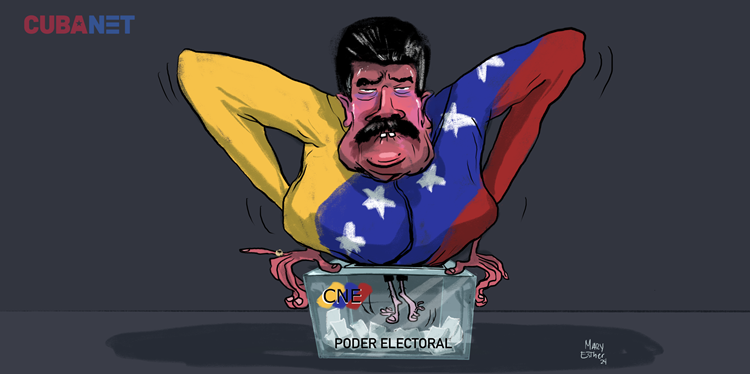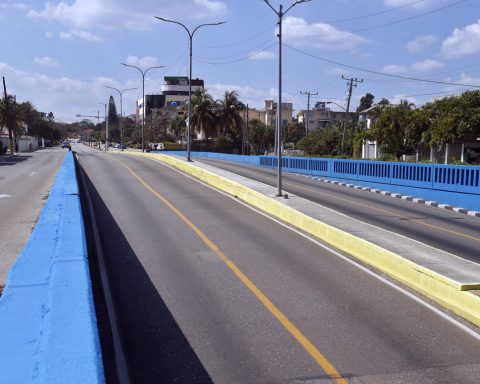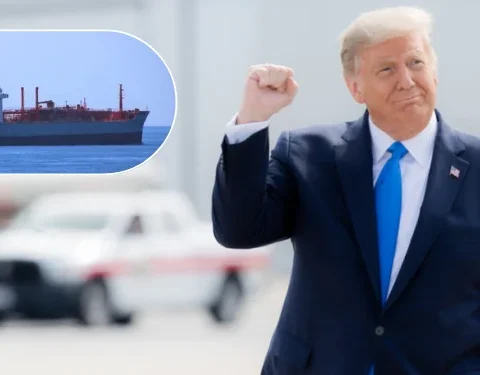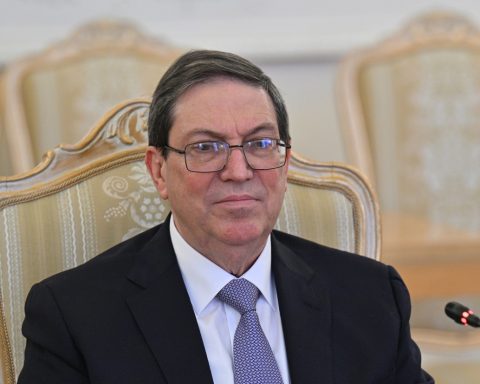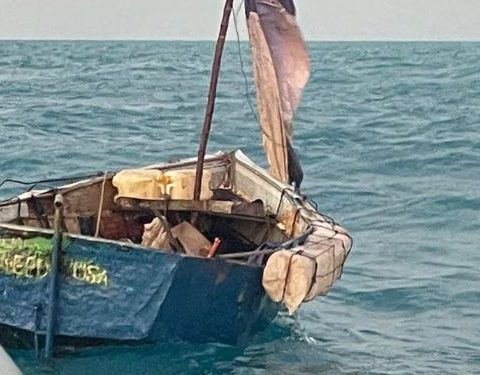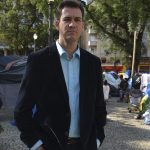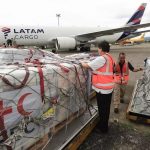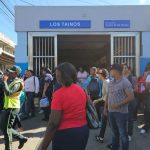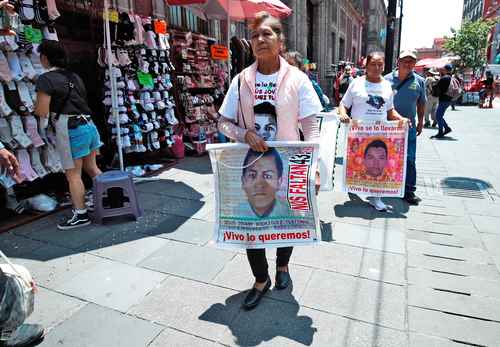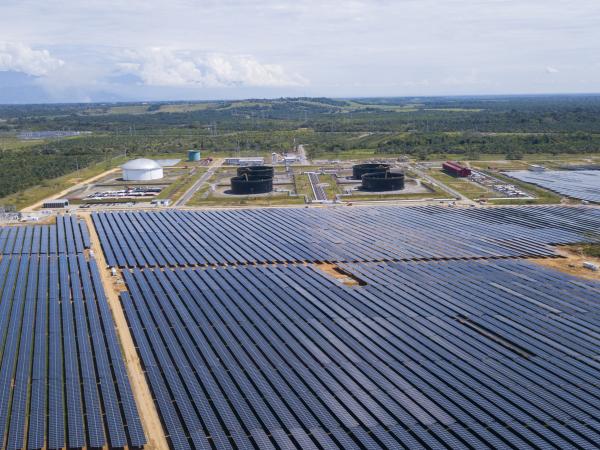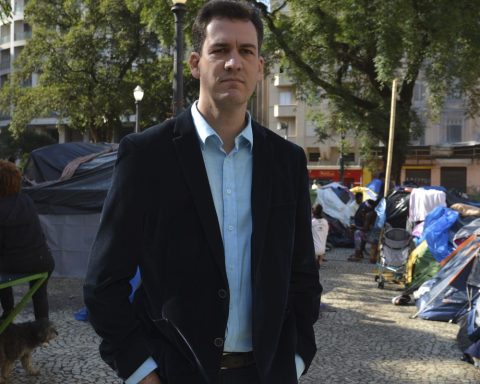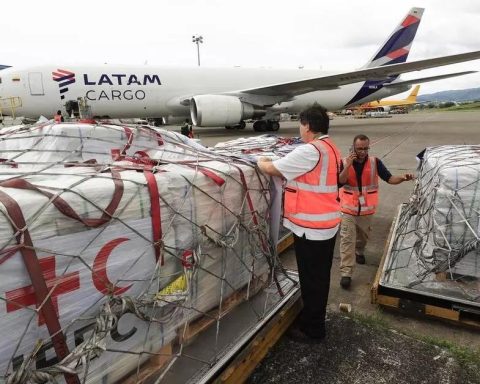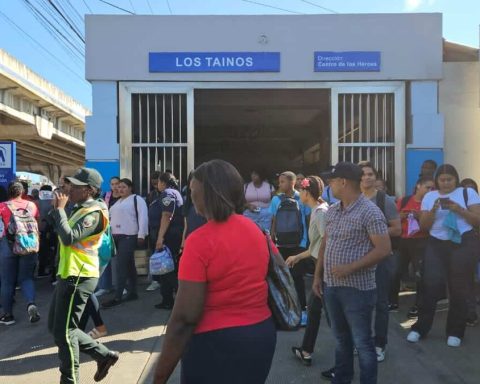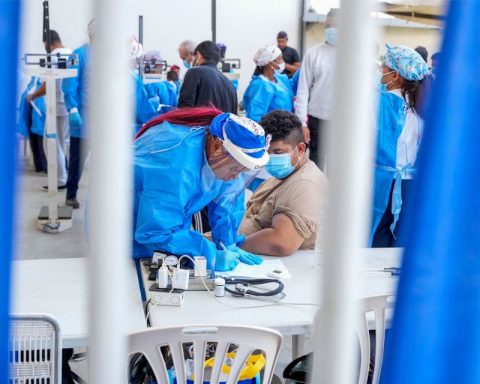HAVANA, Cuba.- The theft by Nicolás Maduro of the elections The July 28 elections, on which most Venezuelans had placed their hopes of restoring democracy, confirm a harsh reality: dictatorships, no matter how many institutional and legalistic disguises they use (as is the case of the regimes of the so-called “21st century socialism”), cannot be overthrown with votes.
The exception to this rule —although it gives the stubborn Latin American left hives to admit it— are the military dictatorships that several South American countries suffered in the 1970s and 1980s and that ended up calling for elections. In particular, the plebiscite that put an end to the military dictatorship of General Augusto Pinochet in Chile.
After the farcical plebiscites of 1978 and 1980, in October 1988 Pinochet took the risk of holding a plebiscite to decide whether he could be president for a new eight-year term, until December 1997. In this plebiscite, the No option won with 54.7% of the votes, and Pinochet accepted his defeat. A few months later, the Constitution was reformed and elections were held in which the Christian Democrat was elected. Patricio Aylwin.
As happened in Chile, Argentina, Brazil, Uruguay and Paraguay, military dictatorships, however much they violated human rights, however cruel they were, when they saw their possibilities exhausted, held elections and gave way to democracy.
The military dictatorship established in Argentina in 1976, internationally condemned for the death and disappearance of thousands of opponents, after the defeat in 1982 in the Falklands War, called elections in 1983, in which Raúl Alfonsín emerged victorious.
Brazil’s military regime, imposed in 1964 after the overthrow of President Joao Goulart, initially claimed to be temporary, lasted more than 20 years, until 1985, when it handed power over to civilians.
In Uruguay, the dictatorship that began in 1973 ended in 1985, when after a slow process of political opening, Julio María Sanguinetti became president.
In Paraguay, in February 1989, General Andrés Rodríguez overthrew dictator Alfredo Stroessner, who had been in power since 1954, legalized political parties (except the Communist Party) and held elections.
On the other hand, left-wing dictatorships in Latin America, Even if they fail in every sense, see their possibilities exhausted and are internationally repudiated, as in the cases of the regimes of Daniel Ortega in Nicaragua, Nicolás Maduro in Venezuela and, worse still, that of their Cuban mentors, the bosses of the regime of the Castro continuity, they cling to power like limpets, and are willing to do absolutely anything to maintain it, even if that implies the material and spiritual destruction of their countries.
We will have to see what happens in Venezuela in the coming days. Maria Corina Machado and Edmundo González have said they are willing to go all the way to ensure that the popular will is respected and their victory is recognized. After Venezuelans felt they were on the verge of achieving freedom, it will not be easy for them to resign themselves to continuing under the Chavista tyranny. The riots will probably return. Hopefully those beasts that are Nicolás Maduro and Diosdado Cabello do not materialize the bloodbath with which they have threatened their compatriots if they do not submit to their designs.
OPINION ARTICLE
The opinions expressed in this article are the sole responsibility of the person issuing them and do not necessarily represent the opinion of CubaNet.
Follow our channel WhatsApp. Receive the information from CubaNet on your cell phone through Telegram.
